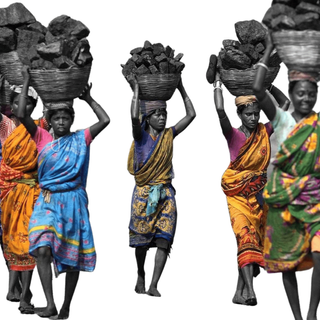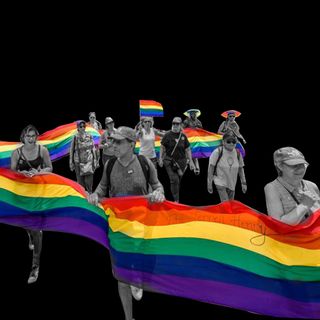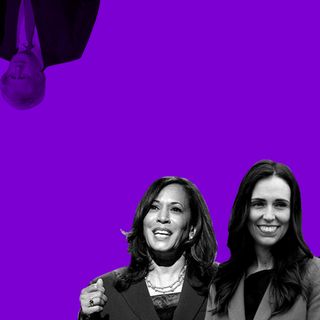Three petitions seeking recognition of same-sex marriages within India’s legal framework are currently being heard in the Delhi High Court, which had issued a notice to the Centre last year to respond to the various pleas. Now, the Centre, in an affidavit opposing the same-sex marriage petitions, has unequivocally said it doesn’t consider same-sex partnerships to fit within Indian notions of marriage and family, and that its inclusion would violate the country’s personal law provisions, Live Law reports.
In its opposition, the Centre said, “There is a ‘legitimate state interest’ in limiting recognition of marriage to persons of the opposite sex only,” adding that “while a marriage may be between two private individuals having a profound impact on their private lives, it is submitted that marriage, as a public concept, is also nationally and internationally recognized as a public recognition of relationship with which several statutory rights and obligations are attached.” In essence, the Centre held that the Navtej Singh Johar case, which struck down Section 377 and decriminalized homosexuality, only referred to individuals’ private lives, but doesn’t apply to same-sex marriage, which is a more societal phenomenon that also involves the State.
Referring to the legalization of same-sex marriage in other parts of the world, the Centre also held that “western decisions sans any basis in Indian Constitutional Law Jurisprudence cannot be imported in the Indian context.”
Related on The Swaddle:
What Queerness Can Teach Us About Reimagining Relationships Beyond Rigid Conventions, Marriage
The petitions seeking recognition of same-sex marriages currently include one filed by Abhijit Iyer Mitra, Gopi Shankar, G Oorvasi, and Giti Thadani, under the Hindu Marriage Act. They contest the act only requires a marriage between “any two Hindus,” which means same-sex marriages can be included within its ambit. Another petition holds same-sex marriages should be able to be registered under the Special Marriage Act — this is contested by partners Kavita Arora and Ankita Khanna, who tried to get married in September 2020 but were refused by a marriage officer. The last petition, tackling the Foreign Marriage Act, is filed by Vaibhav Jain and Parag Vijay Mehta, who got married in the U.S. but were denied registration of their marriage in India.
While the petitioners contend same-sex marriages should be recognized under existing personal laws, the Centre holds that these laws only recognize “the union of a man and a woman … capable of religious sanction, and thereby claim legal and statutory sanction. It is submitted that any interference with the same would cause a complete havoc with the delicate balance of personal laws in the country.”
In negating the power of the judiciary in the matter, the Centre further added, “The question as to whether such a relationship be permitted to be formalized by way of a legal recognition of marriage is essentially a question to be decided by the legislature and can never be a subject matter of judicial adjudication.” The Centre stated, “The Hon’ble Constitutional court can analyze the existing rights but cannot create a new right by the process of judicial adjudication.”
The matter will now be heard again on April 20.




